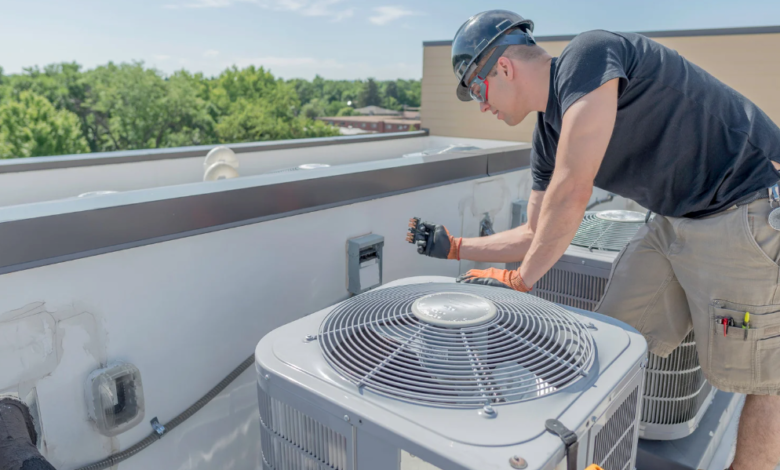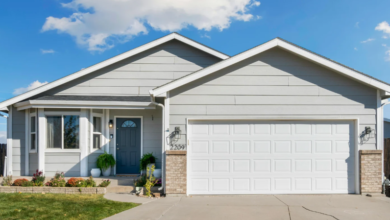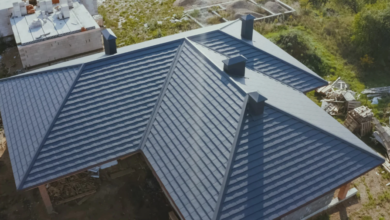How to Choose Between Ducted and Ductless HVAC Systems for Your Home

Choosing the right HVAC system for your home is one of the most important decisions you’ll make as a property owner. The choice between ducted and ductless systems affects your comfort, energy bills, and property value for years to come. Whether you’re building a new home, renovating an existing one, or replacing an old system, understanding the differences between these two options is crucial. Professional contractors of HVAC in North Port can help evaluate your specific needs and recommend the best solution. Each system type offers distinct advantages and limitations that must be carefully considered against your home’s layout, budget, and comfort requirements.
Understanding Ducted HVAC Systems
Ducted HVAC systems represent the traditional approach to home climate control, using a network of ducts to distribute conditioned air throughout your property. These systems feature a central unit that heats or cools air and pushes it through ductwork to various rooms via vents and registers.
The primary advantage of ducted systems lies in their ability to provide consistent temperatures throughout your entire home. They operate quietly since the main unit is typically located away from living spaces, and they can integrate seamlessly with your home’s architecture. Ducted systems also offer superior air filtration capabilities, removing dust, allergens, and other pollutants from your indoor air.
However, ducted systems require significant upfront investment in ductwork installation, especially in homes without existing ducts. They can also lose efficiency through duct leaks and may struggle to provide zoned comfort control without additional modifications.
See also: What Is Geo Grid: A Guide to Soil Stabilization Technology
Exploring Ductless HVAC Systems
Ductless systems, also known as mini split systems, consist of an outdoor compressor unit connected to one or more indoor air handling units. These systems provide targeted climate control without requiring extensive ductwork throughout your home.
The flexibility of ductless systems makes them particularly attractive for many homeowners. You can install individual units in specific rooms or zones, allowing precise temperature control where you need it most. This zoned approach often results in significant energy savings since you’re not heating or cooling unused spaces.
Professional research demonstrates how ductless air conditioners enhance home comfort through their ability to maintain consistent temperatures and reduce hot and cold spots that plague many ducted systems.
Installation is typically less invasive than ducted systems, requiring only a small hole in the wall to connect indoor and outdoor units. This makes ductless systems ideal for room additions, converted spaces, or homes where installing ductwork would be impractical or extremely expensive.
Comparing Costs and Energy Efficiency
Initial costs vary significantly between system types. Ducted systems generally require a higher upfront investment due to ductwork installation, especially in homes without existing ducts. The total cost includes equipment, ductwork, labor, and any necessary electrical upgrades.
Ductless systems typically cost less initially for single-room installations but can become expensive when covering entire homes with multiple units. However, their energy efficiency often provides substantial long-term savings through reduced utility bills.
Energy efficiency represents a crucial factor in your decision. Ductless systems typically achieve higher efficiency ratings because they eliminate duct losses, which can account for up to 30% of energy consumption in ducted systems. The ability to cool or heat only occupied spaces further enhances their efficiency advantage.
Studies have shown that ductless AC ports help improve indoor air quality through advanced filtration systems and reduced air circulation that can spread contaminants throughout the home.
Making Your Decision
Several factors should guide your choice between ducted and ductless systems. Consider your home’s size, layout, existing infrastructure, and your family’s comfort preferences. Homes with existing ductwork may favor ducted systems, while those without ducts or needing targeted climate control might benefit from ductless options.
Your budget timeline also matters. If you need immediate comfort in specific areas, ductless systems offer quicker installation. For whole-house comfort and long-term value, ducted systems might provide better overall benefits.
Conclusion
The choice between ducted and ductless HVAC systems depends on your home’s unique characteristics, budget constraints, and comfort goals. Both systems offer distinct advantages when properly installed and maintained by qualified professionals. Ducted systems provide whole-house comfort and superior air quality, while ductless systems offer energy efficiency and zoned control. Consulting with experienced HVAC contractors ensures you make an informed decision that maximizes comfort, efficiency, and value for your specific situation.




